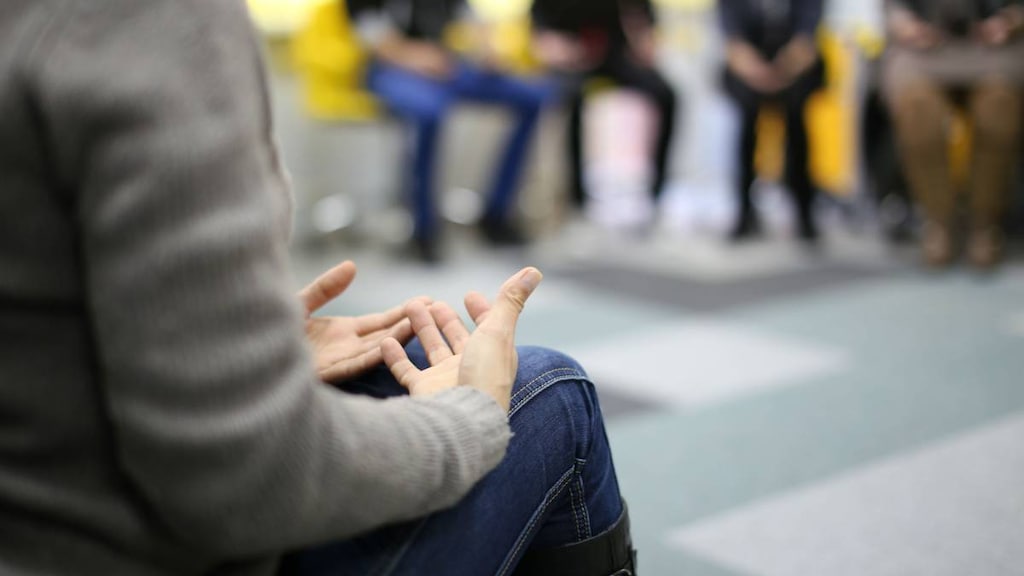
Social anxiety disorder is characterized by an intense fear of being judged, humiliated, rejected or embarrassed while in a social situation. Social anxiety disorder may also be called social phobia and it is the second most common type of anxiety disorder.
What causes social anxiety disorder?
Experts are not sure what causes social anxiety in some people but not others. There may be genetic causes, because it tends to run in some families, or an overactive amygdala, which is the part of your brain that controls your fear response. Some cases are linked to bullying, teasing, sexual abuse, or a health condition that draws attention to your appearance or voice. Shy children are more likely to become socially anxious adults.
Situations that may bring on symptoms include:
- Going to school or work
- Starting conversations
- Eating or drinking in front of other people
- Going to parties
- Using public restrooms
- Making eye contact
- Dating
- Public speaking
- Talking to strangers.
The symptoms usually get worse as the situation progresses. Even though the person with social anxiety usually realizes that his or her fears are excessive and unreasonable, they are still unable to control them. They may avoid contact with others and this may affect everyday activities, self-confidence, relationships, work or school life.
What are the symptoms of social anxiety disorder?
Social anxiety disorder is different from shyness. Most people feel shy or uncomfortable in new situations, but people with social anxiety disorder experience intense fear and will go to great lengths to avoid the encounter or event. If they are forced to go through with it, they experience great distress and their physical functioning is greatly impaired.
Symptoms of social anxiety disorder may include:
- Worrying for weeks or months before an event
- Blushing
- Difficulty speaking or stumbling over words
- Rapid heartbeat
- Feeling short of breath
- Sweating
- Muscle tension or shaking
- Feeling sick to your stomach (nausea) or developing diarrhea
- Sleeplessness
- A fear that you will be viewed as stupid, awkward or boring
- Low self-esteem
- Depression
- Out of body sensations.
Social anxiety disorder prevents people from living their life.
How is social anxiety disorder diagnosed?
See your doctor if your anxiety about being in a social situation of any kind is interfering with your life. Your doctor will listen to your history and may ask you to complete some questionnaires that ask you about your symptoms.
They may conduct a physical examination or perform other tests to determine if any medical conditions or medications you may be taking are contributing to your anxiety.
How is social anxiety disorder treated?
Treatment depends on how severe your social anxiety is and may include:
- Psychotherapy, such as cognitive-behavioral therapy
- Selective serotonin reuptake inhibitors (SSRIs)
- Selective norepinephrine reuptake inhibitors (SNRIs)
- Other antidepressants
- Anti-anxiety medications
- Beta-blockers.




